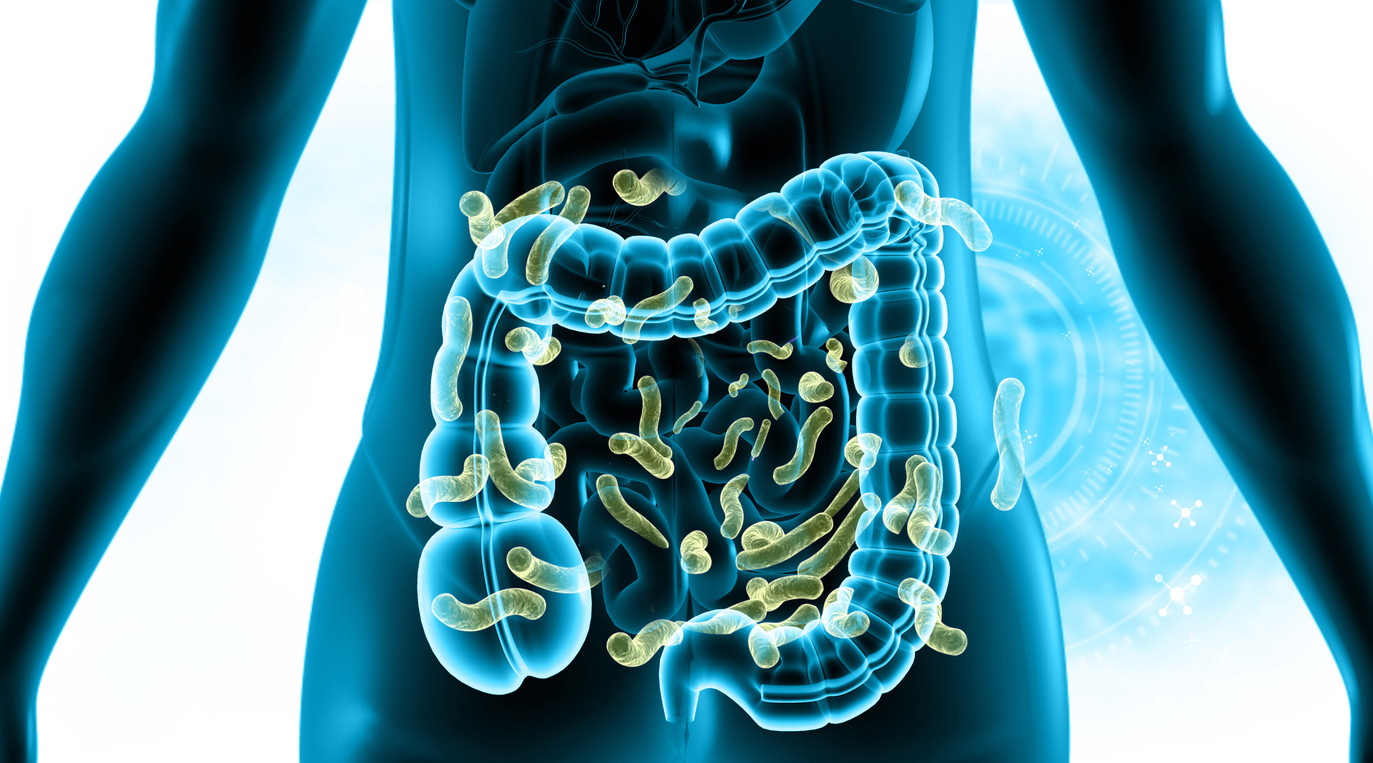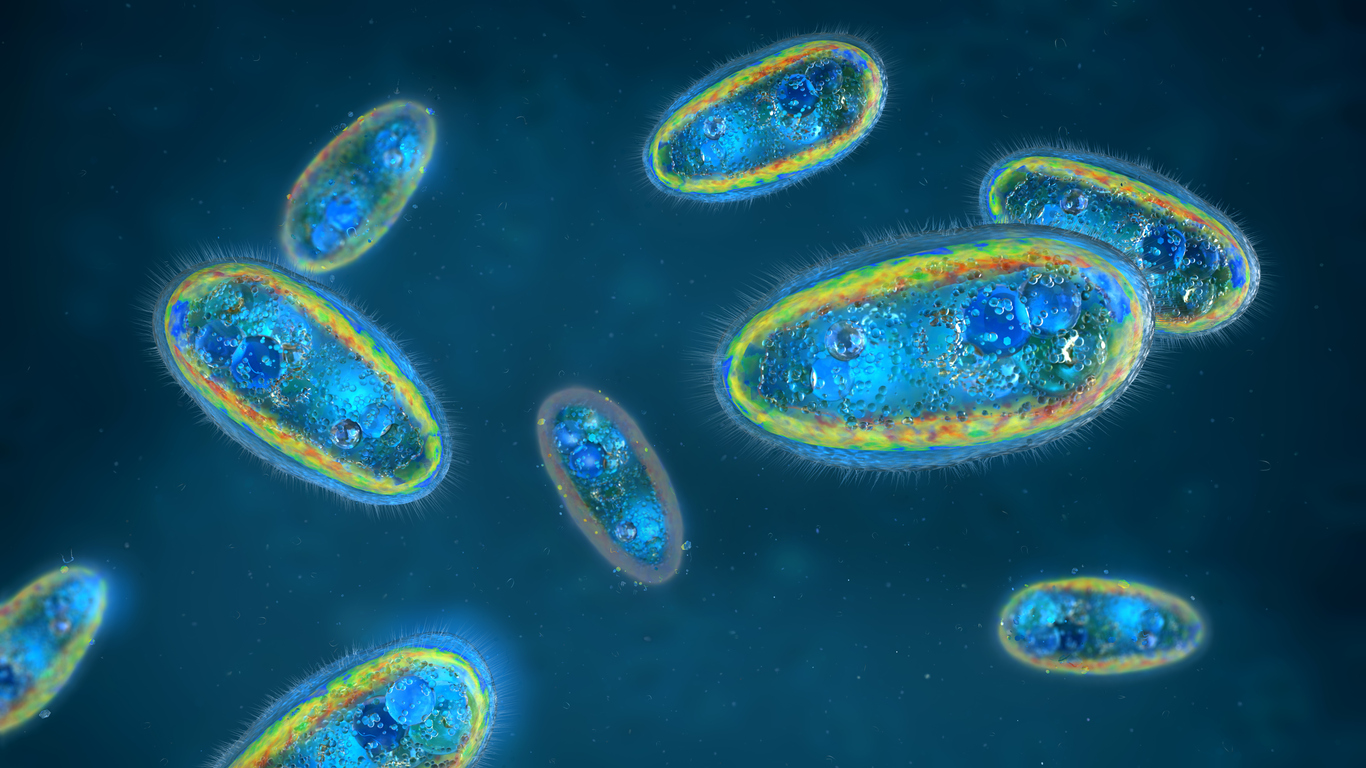
10 Warning Signs of Parasitic Infections You Should Never Ignore
Parasitic infections aren’t just a concern in rural or underdeveloped areas—they can affect anyone, even in the United States. Poor sanitation and unsafe food or water can increase risk, but parasites like Giardia, pinworm, hookworm, and amebiasis can also appear in urban environments. Recognizing these infections and understanding the health issues they can cause is the first step toward protecting your health. Many people unknowingly struggle with parasites that trigger chronic problems, including digestive issues, fatigue, skin conditions, and more.
Because parasitic infections often mimic other illnesses, they frequently go undiagnosed. Understanding the warning signs is crucial for early detection and effective treatment. This guide explores the most common types of parasites, how they enter the body, and the top 10 warning signs to watch for.
What Are Parasitic Infections?
Parasitic infections occur when organisms live inside (or on) the body, stealing nutrients and damaging tissues. These infections range from microscopic protozoa to worms that can grow several feet long. The main types include:
- Protozoa: Single-celled organisms such as Giardia and Toxoplasma that multiply inside the human body and disrupt normal bodily functions.
- Helminths (Worms): Multicellular worms including tapeworms, roundworms, and flukes that feed on nutrients in the intestines or other organs.
- Ectoparasites: Parasites like ticks, lice, and mites that live on the skin and can transmit other infections or cause irritation.
- Fungal Parasites: Certain fungi that invade tissues and organs, sometimes causing systemic infections in vulnerable individuals.
- Blood Parasites: Organisms such as Plasmodium that live in the bloodstream, infect red blood cells, and impair oxygen transport and health.
Millions of people worldwide are affected each year, with symptoms ranging from mild discomfort to serious illness.

How Parasites Enter the Body
Parasites can infiltrate the body in various ways, often without immediate symptoms:
- Contaminated Food or Water: Eating undercooked meats, raw fish, unwashed produce, or drinking unsafe water can expose you to parasites.
- Poor Hygiene: Inadequate handwashing or unsanitary conditions can allow parasites to spread through the fecal-oral route.
- Environmental Exposure: Walking barefoot in contaminated soil or swimming in untreated water increases the risk of infection.
- Animal Contact: Close interaction with pets, livestock, or wildlife can transfer parasites to humans.
- Travel to High-Risk Areas: Visiting regions with limited sanitation or poor water quality can increase the chance of parasite exposure.
10 Warning Signs of Parasitic Infections
1. Constant Fatigue or Sleep Problems
Parasites compete for your nutrients, like iron and vitamin B12, leaving the body depleted. Many become more active at night, disrupting sleep cycles and leading to chronic tiredness.
2. Digestive Problems
Persistent bloating, diarrhea, constipation, or unexplained abdominal pain may indicate a parasite disrupting the digestive system. Symptoms often linger or fluctuate, unlike typical food poisoning.
3. Skin Issues and Itching
Rashes, hives, or intense itching, especially at night, can result from parasites living in or beneath the skin.
4. Frequent Headaches or Brain Fog
Systemic inflammation caused by parasites can trigger headaches, difficulty concentrating, and mental fatigue.
5. Unexplained Weight Changes
Some parasites hijack nutrients, causing weight loss despite normal eating, while others alter metabolism and appetite, leading to weight gain.
6. Chronic Joint or Muscle Pain
Migrating parasites may lodge in tissues, causing inflammation that mimics arthritis or fibromyalgia.
7. Teeth Grinding (Bruxism)
Nighttime teeth grinding may be linked to nervous system stress caused by parasitic activity.
8. Mood Swings or Anxiety
Parasites can disrupt gut health, influencing neurotransmitters and contributing to irritability, anxiety, or depression.
9. Recurring Infections
A weakened immune system from parasitic activity increases susceptibility to colds, sinus infections, or other illnesses that are slow to resolve.
10. Persistent Hunger or Loss of Appetite
Parasites may consume nutrients rapidly, causing either increased hunger or nausea, both of which signal potential infection.

Who’s Most at Risk?
While anyone can develop a parasitic infection, certain factors raise the likelihood:
- International travel to areas with limited sanitation
- Eating undercooked or raw meats and fish
- Drinking unfiltered or unsafe water
- Close contact with animals, including pets or livestock
- Living in tropical or subtropical climates
- Children, whose developing immune systems make them more vulnerable
When to See a Doctor
If you notice several of the warning signs—especially digestive problems accompanied by fatigue or unexplained skin issues—it is important to seek medical evaluation. Parasitic infections can be detected through stool tests, blood tests, or imaging. Early diagnosis is crucial, as most parasitic infections respond well to treatment when identified promptly, reducing complications and helping restore health more effectively.
Preventing Parasitic Infections
Although it’s impossible to eliminate every risk, these measures significantly reduce your chances of infection:
- Wash hands thoroughly before eating and after using the bathroom.
- Cook meats and fish to recommended safe temperatures.
- Wash produce carefully, even if it appears clean.
- Drink filtered or bottled water in areas where sanitation is uncertain.
- Wear shoes outdoors to avoid contact with contaminated soil.
- Treat pets regularly for parasites.
Prevention, combined with awareness of symptoms, is the best defense against parasitic infections.

Contact Us
If you are experiencing unexplained digestive issues, persistent fatigue, or other symptoms that may indicate a parasitic infection, it is important to seek expert evaluation. At GastroMD, our team of experienced gastroenterology specialists provides comprehensive testing, accurate diagnosis, and personalized treatment plans to help restore your health and well-being. We use state-of-the-art equipment in a comfortable and welcoming environment, ensuring every patient receives attentive, high-quality care. Don’t wait for symptoms to worsen— contact us today and take the first step toward reclaiming your health.



